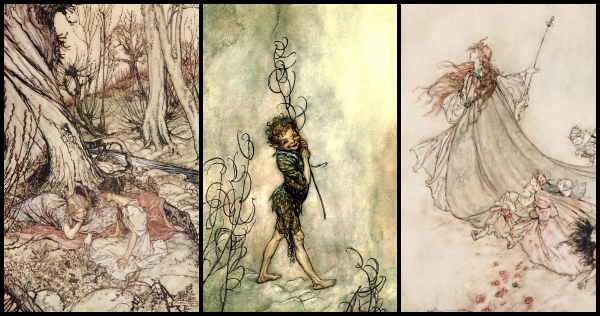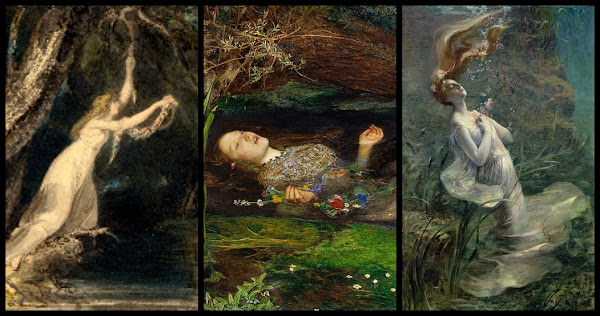Part 3: Ophelia, Gertrude, and mutually exclusive agency

I love Grace Tiffany’s sonnet “Gertrude and Ophelia” [1] for now it reimagines Gertrude as having drowned Ophelia. The sonnet explores a possibility for Gertrude’s agency that the play chooses not to explore. Grace recently introduced the poem, tongue-in-cheek, as depicting “what really happened.” Other plays, films and novels make similar claims, exploring alternative versions from different points of view, including the 2018 film, Ophelia ; a 2022 novel by Carly Stevens called Laertes: A Hamlet Retelling; a 2008 novel by Paul Griffiths made from Ophelia’s words, Let Me Tell You ; and many more. [2] On female agency, there is a reading of Ophelia’s death that wrestles with Ophelia’s apparent lack of agency, proposing not despair, but that Ophelia uses suicide to fiercely reclaim her own agency. [3] IRRECONCILABLE DIFFERENCES This reading is hard to reconcile with Grace Tiffany’s poem: Ophelia probably cannot be both a victim of murder at Gertrude’s hands, and *also* a suicide. ...



